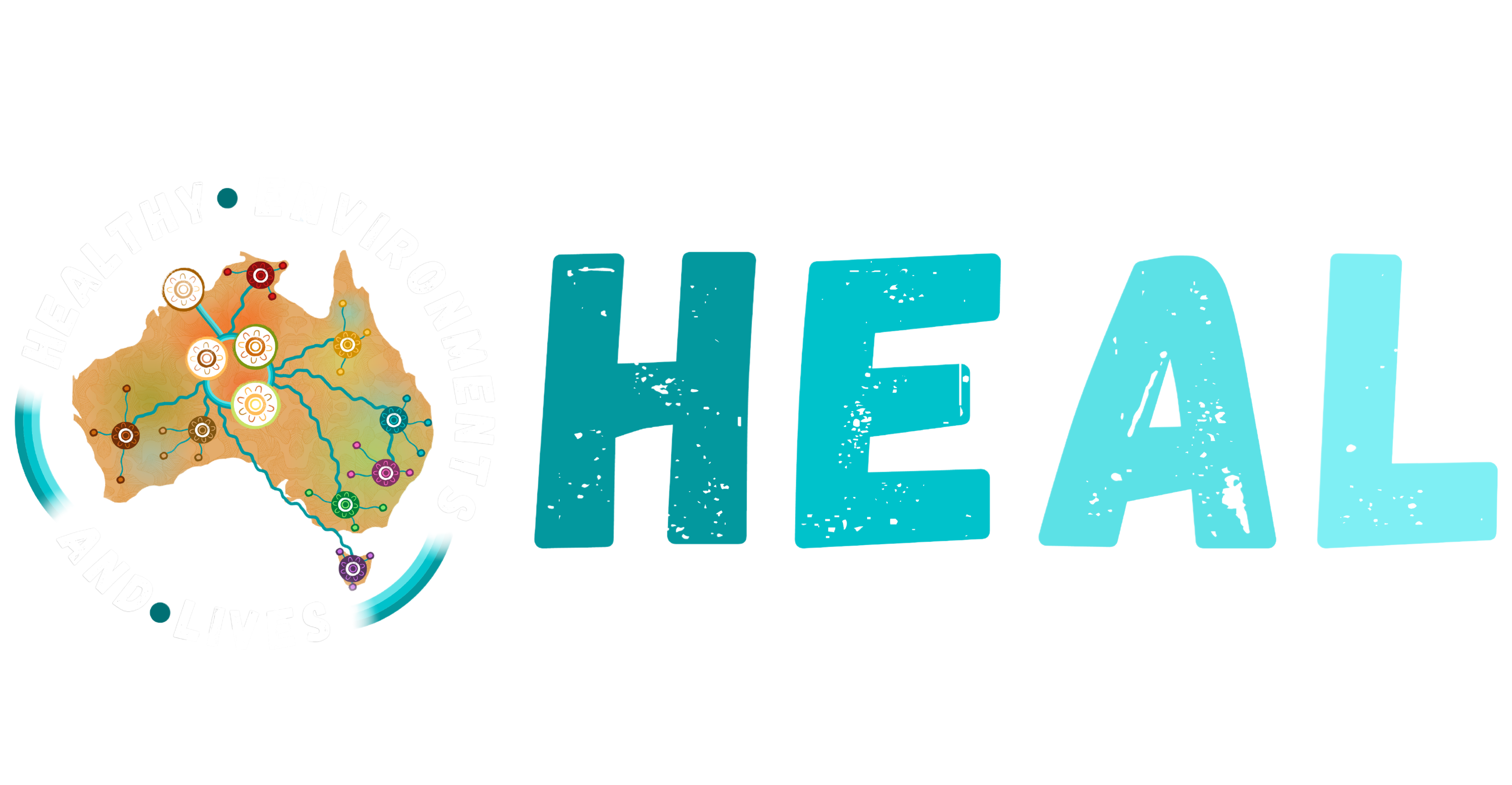About
HEAL Network
Vision and mission statement
The vision of the Healthy Environments and Lives (HEAL) Network is to catalyse research, knowledge exchange and translation into policy and practice that will bring measurable improvements to our health, the Australian health system, and the environment.
The HEAL Network is a broad coalition of 100 investigators and more than 30 organisations from across Australia that aims to bridge the gap between knowledge and action by bringing together Aboriginal and Torres Strait Islander wisdom, sustainable development, epidemiology, and data science and communication to address environmental and climate change and its impacts on health across all Australian states and territories.
HEAL focuses on participatory solutions-driven research that will provide robust scientific evidence to underpin structural policy and practice changes. This evidence should be based on a holistic assessment of costs and benefits, and distributional effects of policies to support long-term solutions.
To meet this need, our collaboration includes Government health and environmental authorities; health sector organisations; Indigenous organisations; and data providers to integrate a complex social, environmental, economic and institutional ecosystem into a cohesive, multidisciplinary research network.
HEAL aims to take national and international leadership in environmental change and health research that will provide the evidence, capacity and capability and tools urgently needed to:
HEAL focuses on participatory solutions-driven research that will provide robust scientific evidence to underpin structural policy and practice changes. This evidence should be based on a holistic assessment of costs and benefits, and distributional effects of policies to support long-term solutions.
To meet this need, our collaboration includes Government health and environmental authorities; health sector organisations; Indigenous organisations; and data providers to integrate a complex social, environmental, economic and institutional ecosystem into a cohesive, multidisciplinary research network.
HEAL aims to take national and international leadership in environmental change and health research that will provide the evidence, capacity and capability and tools urgently needed to:
Protect and improve community health, especially at-risk groups and people in regions and communities disproportionately affected by environmental and climate change
Strengthen health system resilience, preparedness and responsiveness to changing environmental conditions. climate extremes, and related diseases, and reduce its environmental impact
Reduce inequities and inequalities within and across communities and generations.
Follow us on:

